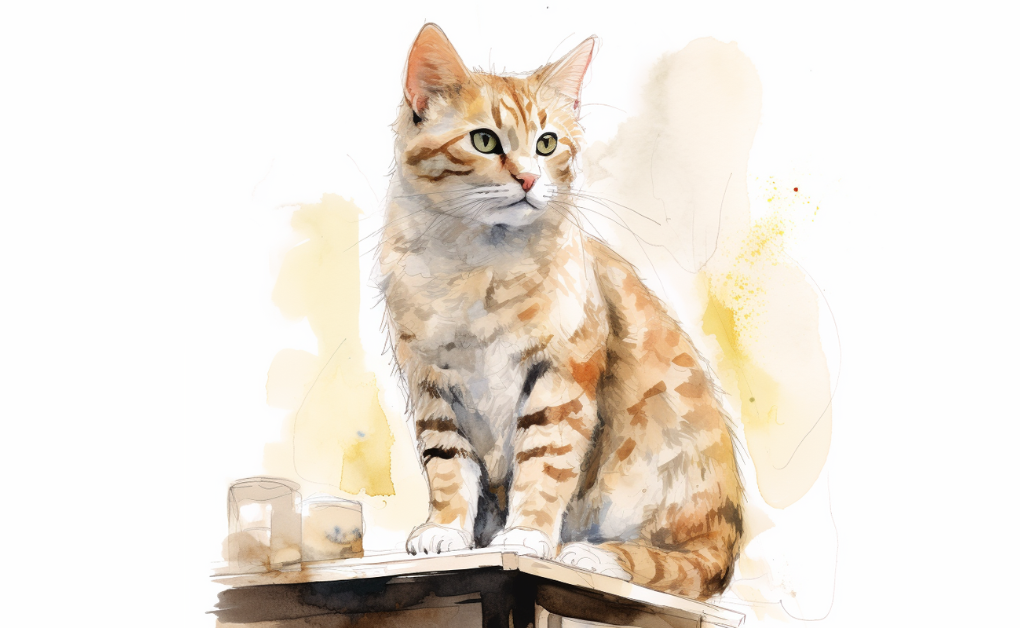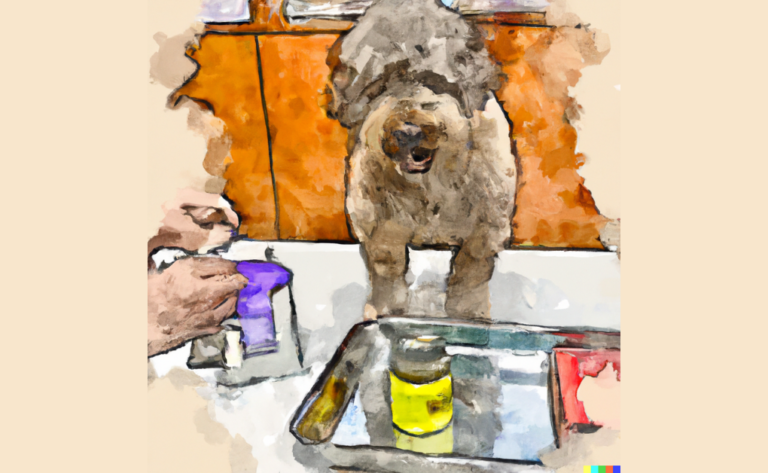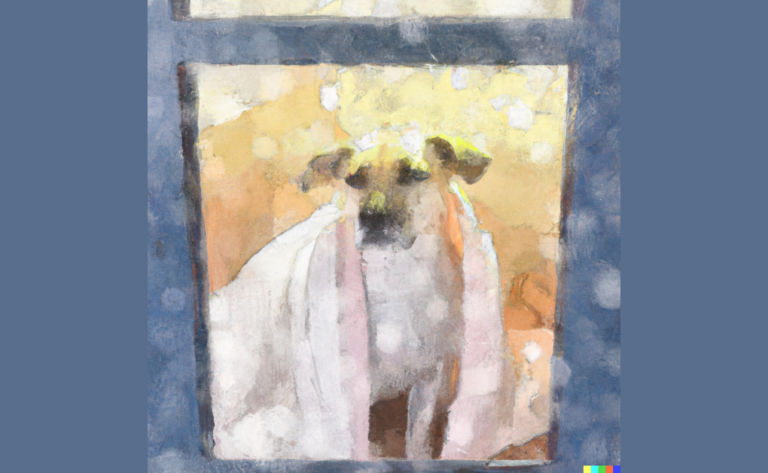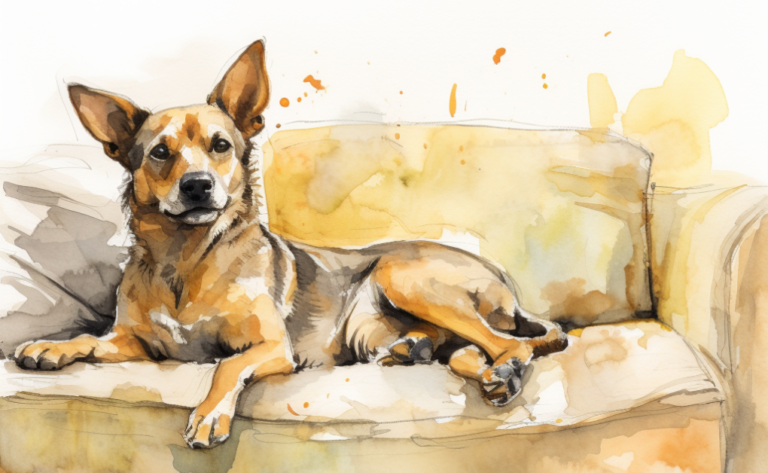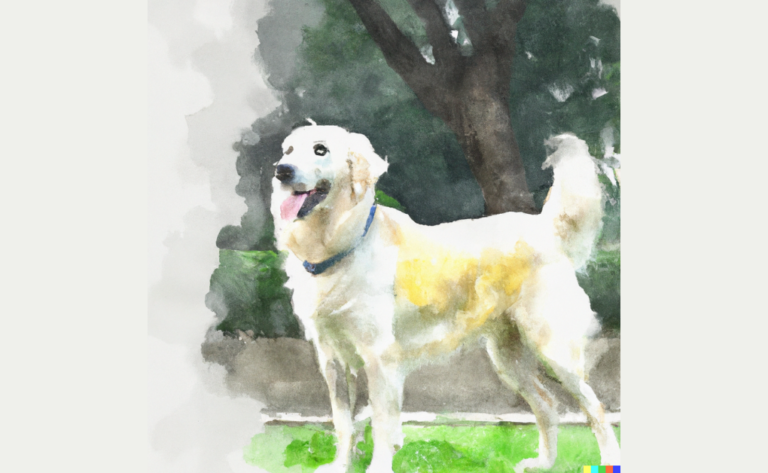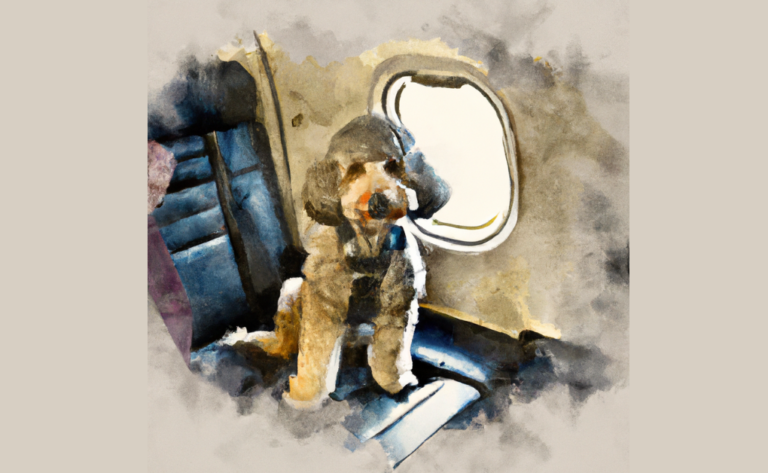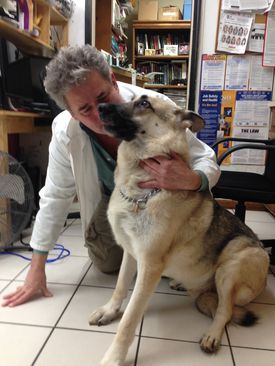How To Care For A Senior Cat
Introduction
When Oliver, the family’s beloved feline companion, gracefully entered his golden years, his owner, Jane, found herself in uncharted territory. She knew that senior cats required different care than their younger counterparts, but she wasn’t quite sure where to begin.
As our cherished feline companions transition into their later years, caring for senior cats necessitates additional affection, observation, and specialized treatment to make their golden years gratifying and cozy. With cat age advancement, various transformations can occur, such as mobility constraints, cognitive deterioration, and a heightened risk of medical conditions.
Understanding how to maneuver through these alterations and provide the necessary vet care becomes essential to boost their life quality and longevity. This article will navigate you through the crucial aspects of senior cat care, discussing the evolution in dietary requirements, health care considerations, lifestyle modifications, and methods to enrich their surroundings, all to support your elderly cat’s well-being.
When caring for aging cats, feline practitioners emphasize promptly recognizing and addressing any changes. Unlike younger cats, elderly cats might be more prone to sudden health changes and require emergency care. You can help give your cat a comfortable, healthy, and fulfilling life in its later years through consistent and tailored care.
At What Age Can a Cat Be Considered a Senior?
Cats typically transition into their golden years at approximately 11 to 14. However, it’s crucial to recognize that a cat’s physical and mental state, rather than age, primarily dictates its care requirements. Like people, the process of cat aging is gradual, and each feline’s journey may vary.
Aspects such as breed, hereditary factors, diet, environment, and medical history can collectively impact how swiftly a cat matures. Some cats may begin to exhibit aging signs earlier, while others, particularly indoor cats, maintain their youthful vigor well into their teens. It’s common for older cats to experience some changes in their behavior, but always remember that as a cat parent, you should consult with your vet for advice tailored to your cat’s needs. It’s worth noting that aging cats rely on their caregivers, even cats who have ignored their humans in their younger years may seek more attention and comfort.
What are the Signs of Aging in Older Cats?
As felines transition into their later years, they undergo various physical and behavioral modifications. Recognizing these signs can equip you as a cat owner to adjust your care appropriately and know when to consult your cat’s veterinarian. Here are several common indicators of maturing in cats:
- Fluctuations in Weight: Aging felines may experience weight gain due to reduced activity or weight loss, which could signal several health problems such as kidney disease or hyperthyroidism.
- Decreased Mobility: Senior and geriatric cats often exhibit a decline in their mobility. They may jump less frequently, move more slowly, or display signs of stiffness and discomfort, potentially due to conditions like arthritis.
- Behavioral Shifts: Changes in behavior can encompass increased irritability, confusion, disorientation, or altered sleep patterns. Some cats may show signs of cognitive dysfunction, mirroring dementia in humans.
- Modification in Eating and Drinking Habits: An increased or decreased appetite, more frequent drinking, or changing food preferences could all be signs of underlying health issues.
- Altered Grooming Habits: Felines are known to be meticulous groomers. If your elderly cat stops grooming or grooms less frequently, it could indicate discomfort, dental disease, or arthritis, making grooming difficult for them.
- Litter Box Issues: Problems such as incontinence, increased frequency of urination, or defecating outside the litter box can signal medical concerns.
- Vision and Hearing Changes: Cats may suffer from diminished vision and hearing as they mature. They might require assistance navigating around the house or responding to familiar sounds.
- Dental Problems: Bad breath, difficulty eating, or red, swollen gums can indicate dental disease, which is found to plague elderly cats.
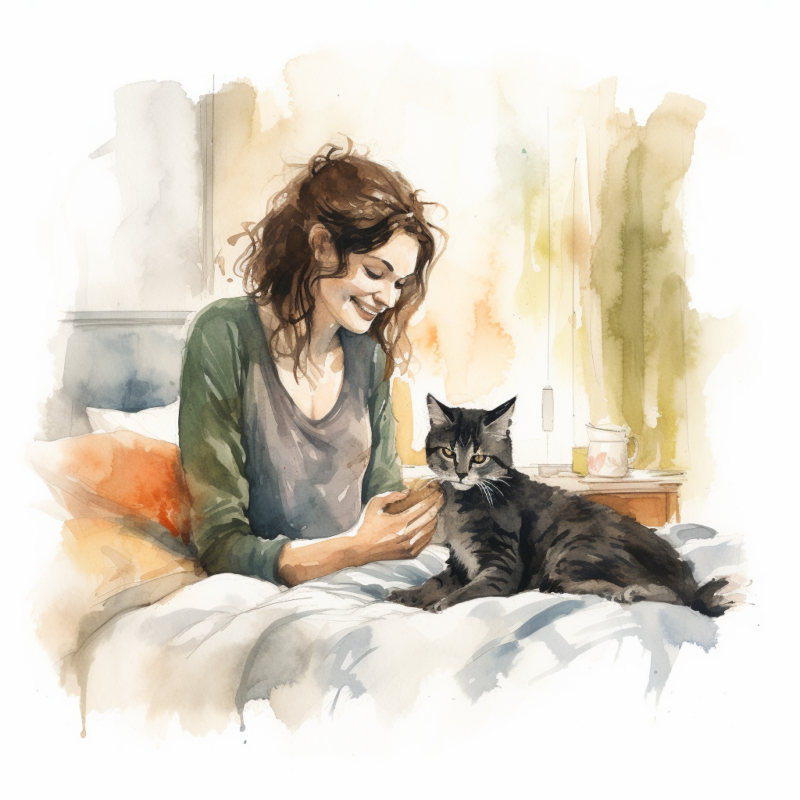
Remember that these signs can also indicate potential health issues, so consistent veterinary care, including regular wellness exams, is crucial in caring for mature cats. Any changes in your cat’s behavior or appearance should always be discussed with your vet. Regular checks can identify health problems in elderly cats before they become full-blown issues. Making informed health decisions for your cat and providing comprehensive senior cat care services, coupled with the love and care of owners, can ensure your feline friend enjoys their golden years.
Home Care For The Older Cats
Caring for older cats at home requires attention to their changing needs and regular health monitoring. A crucial part of this care is dietary adjustment. Senior cats often require lower-calorie diets to prevent weight gain due to decreased activity levels. They may also need more protein to maintain muscle mass and specific supplements for joint health. Ensuring fresh water is readily available is also vital, especially for cats dealing with kidney issues. However, you should always seek advice from a vet for personalized dietary guidance.
Regular veterinary check-ups are critical for detecting and treating diseases common in senior cats, such as diabetes, kidney disease, hyperthyroidism, and cancer. Dental care is another vital aspect of senior cat care. Regular home brushing and professional cleanings can help maintain dental health and prevent related health issues.
Creating a comfortable environment is essential for senior cats, particularly those with arthritis or other mobility issues. Ensure their essentials, like litter boxes and food/water bowls, are easily accessible. Soft bedding can also help ease joint discomfort. Through interactive toys or simple activities like bird watching, mental stimulation can help slow the cognitive decline that might occur with age.
Regarding physical care, older cats may find it harder to groom themselves, especially if arthritis is a factor. Regular brushing at home can help keep their coats clean and matting-free. In line with their energy level, gentle exercise is beneficial to keep them agile and manage their weight.
Regularly monitoring your cat’s behavior, appetite, weight, and litter box habits health monitoring can help detect potential health issues early. Any unusual changes should be reported to a vet promptly. Remember that each cat is unique, and their care plan should be tailored to their needs and conditions.
Grooming Your Senior Cat
Grooming a senior cat is a crucial part of their care routine but may require additional considerations compared to grooming younger cats. Older cats may not be as flexible or able to clean themselves thoroughly due to joint pain or other age-related issues. Here are some steps to help you groom your senior cat effectively:
- Regular Brushing: Brush your cat regularly to remove loose hairs and prevent mats and tangles. Brushing can also stimulate blood circulation and distribute natural oils that keep their fur shiny. You may need to brush cats with longer hair daily, while short-haired cats require brushing only once or twice a week. Use a brush suitable for your cat’s fur type, and always be gentle.
- Mat Removal: If your cat has mats in their fur, gently untangle them using a comb. If the mat is too tight to comb out, you might need to use special mat-removing tools or, in severe cases, seek professional help from a groomer or vet. Never use scissors to cut out mats, as you can accidentally cut the cat’s skin.
- Bathing: Most cats, especially seniors, do not need frequent baths and may find the experience stressful. However, if your cat gets into something dirty or has a skin condition that requires medicated baths, use warm water and a cat-specific shampoo. Ensure the bathing process is as quick and calming as possible.
- Dental Care: Oral hygiene is critical for senior cats. Brush your cat’s teeth regularly with cat-safe toothpaste. Dental issues are common in older cats such as stomatitis, fractured teeth, and periodontal disease, so check their mouth weekly for signs of gum disease or dental decay. If you notice anything unusual, consult your vet.
- Ear and Eye Cleaning: Check your cat’s ears and eyes weekly. Clean any discharge with a soft, damp cloth, but avoid using cotton swabs inside the cat’s ear canal, as it can cause injury. If you notice excessive discharge, redness, or any signs of discomfort, consult your vet.
- Paw and Nail Care: Older cats may not maintain their nails as well as they did when they were younger. Regularly check your cat’s paws for any debris, and keep their nails trimmed. Always be careful to avoid the quick when trimming to prevent causing pain or bleeding.
- Body Checks: While grooming, take the opportunity to check your cat’s body for any abnormalities such as lumps, bumps, or skin changes. If you find anything unusual, report it to your vet.
Remember, grooming should be a pleasant experience for you and your cat. Always be gentle and patient, and provide treats and praise to make it a positive experience. Regular grooming keeps your senior cat clean and comfortable and allows you to monitor their physical condition closely.
Senior Cat Food
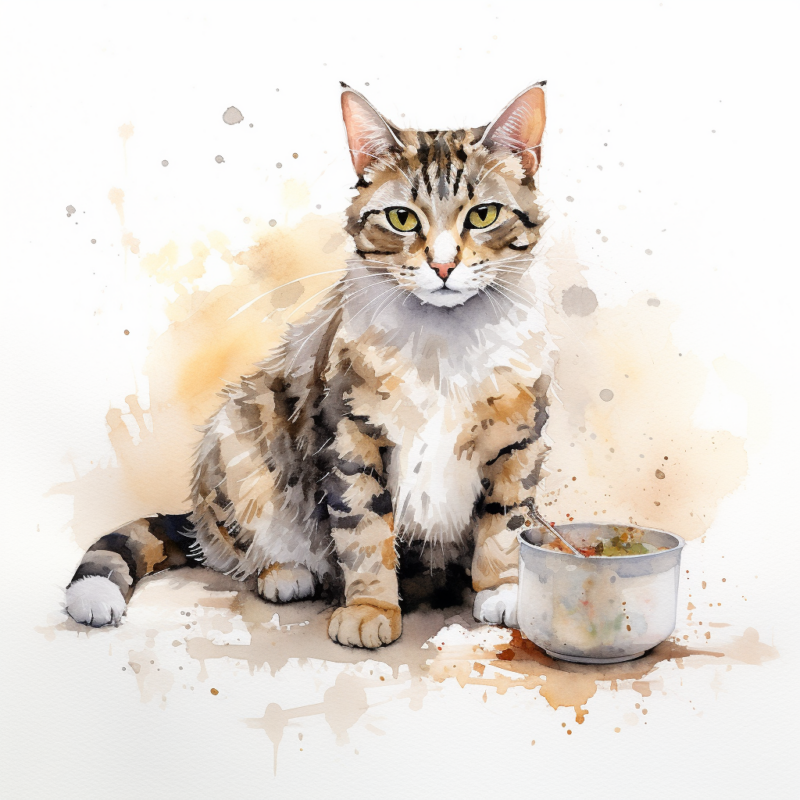
Feeding your senior cat the right food is crucial to their care. Therefore, it’s essential to make sure your elderly feline is getting the proper nutrition they need to stay healthy and happy. Senior cat food is formulated with lower amounts of fat, protein, and carbohydrates, making it easier for their digestive system to process.
It also contains essential vitamins and minerals in a more balanced ratio, which can help support your elderly cat’s immune system and their joints and bones. Choosing a high-quality, age-appropriate diet for your aging pet can help them maintain health without increasing their risk of developing diseases or conditions associated with being overweight or obese.
Feed Your Senior Cat Properly
As your cat ages, their nutritional needs will change. You must adjust your diet to keep them healthy and quality of life. Here’s how you can feed your senior cat properly:
Choose the Right Diet
Cats are obligate carnivores, requiring high-quality animal protein to thrive. Senior cat foods are usually formulated to the changing needs of older cats. They tend to have reduced calorie content to prevent weight gain due to lowered activity levels. They also typically contain more fiber to promote good digestive health and added supplements, such as omega-3 fatty acids, glucosamine, and chondroitin, that support joint health. It’s important to choose a diet that is specifically formulated for your senior cat’s needs.
Consider Dietary Adjustments for Health Conditions
Just like humans, cats can develop a range of health conditions as they age. These may include diabetes, kidney disease, thyroid, and dental problems. These conditions often require specific dietary adjustments. For example, a cat with kidney disease may benefit from a diet lower in protein and phosphorus. Similarly, cats with dental problems may find it easier to eat wet food rather than dry. Your vet can provide the most appropriate dietary recommendations based on your cat’s health conditions.
Monitor Portion Sizes
As cats get older, they tend to become less active. This decrease in physical activity often leads to weight gain, which can exacerbate health issues. Monitoring portion sizes is essential to ensure your cat consumes only what they need. Most cat food packaging provides a guideline for the recommended amount based on weight. However, these are only guidelines, and you may need to adjust the portion size based on your cat’s specific needs, activity levels, and body condition.
Keep Your Cat Hydrated
Hydration is incredibly important for cats of all ages, especially seniors. Older cats are more prone to kidney disease, and staying hydrated can help support kidney function. Some cats don’t naturally drink much water, so you may need to encourage them by providing a cat water fountain, adding water or broth to their food, or feeding them wet food.
Watch for Changes in Eating Habits
Changes in a cat’s eating habits can indicate a health issue. Decreased appetite might indicate dental problems, gastrointestinal issues, or other health conditions. Rapid weight loss, even if your cat seems to be eating normally, can also indicate disease. On the other hand, increased appetite might indicate conditions like hyperthyroidism or diabetes. Any significant changes in eating habits should prompt a visit to the vet.
Regular Vet Visits
Regular vet check-ups are crucial for senior cats. These visits allow your vet to monitor your cat’s weight, assess their overall health, perform necessary tests, and make dietary recommendations. Early detection of potential health issues can significantly affect your cat’s prognosis and quality of life.
Remember, every cat is unique. Their age, health status, lifestyle, and preferences will all influence their dietary needs. Always consult your vet for personalized advice regarding your senior cat’s diet.
Behavioral Changes
As felines transition into their later years, their behavior is not unusual to shift. Some of these modifications are a natural part of aging, while others could indicate underlying health problems. It’s normal for your cat to exhibit certain behavioral changes during their senior years, which will come with its own challenges and concerns.
- Shifts in activity levels are typical in aging cats. They are generally less active compared to their younger selves, and cats may sleep more and engage in play less. However, a significant drop in activity might signal health issues such as arthritis.
- Variations in eating and drinking habits can also emerge. Your senior cat may consume less food, possibly indicating dental issues, digestive problems, or a more severe health condition. On the contrary, increased eating could point to conditions like hyperthyroidism or diabetes. Changes in drinking habits, particularly drinking more, can be symptomatic of kidney disease or diabetes.
- Alterations in grooming behavior are another potential sign of aging. Cats are very good at grooming, but older ones might start neglecting their grooming routines due to arthritis, dental disease, or other health issues. Conversely, over-grooming or excessive licking can also signify skin conditions or stress.
- Changes in bathroom habits can raise concerns. Frequent urination, urinating outside the litter box, constipation, or diarrhea can indicate various health problems in elderly cats, such as kidney disease, urinary tract infections, thyroid problems, or digestive issues.
- Shifting social behavior may transpire. Older cats may grow more irritable or less tolerant of disturbances. They may also become more needy and seek more attention. Alterations in social behavior could be due to discomfort from health problems, cognitive decline, or sensory abilities like hearing and sight changes.
- Cognitive decline can manifest in cats, just like in humans. Symptoms might include confusion, disorientation, altered sleep patterns, forgetting previously learned habits, and increased vocalization, especially at night.
- Weight changes are another sign to keep an eye out for. Unexplained weight loss or weight gain can denote various health problems, from dental issues affecting eating habits to conditions like diabetes or hyperthyroidism.
Consulting your vet is vital if you notice any significant or worrisome behavioral changes in your senior cat. Many health problems affecting elderly cats can be effectively managed if detected early, significantly improving your cat’s quality of life. Regular wellness visits for senior cats are an excellent practice, offering a significant advantage over cats who are not monitored regularly. Remember, it’s important to monitor elderly cats in between visits to help your senior cat stay at a healthy weight and possibly recommend a senior food.
Veterinary and Dental Health for Cats is Important
Veterinary and dental care is critical for maintaining your senior cat’s health and quality of life. Here’s why:
Veterinary Care
As cats age, they’re more susceptible to various health issues, including kidney disease, hyperthyroidism, diabetes, arthritis, and cancer. Regular veterinary check-ups, typically recommended at least once a year for younger cats, become even more important for seniors. Many vets recommend bi-annual visits for older cats. These check-ups allow your vet to monitor your cat’s overall health, body condition, and weight, perform necessary vaccinations, and detect potential health problems early when they’re usually easier and more cost-effective to manage or treat. Regular vet visits are also a good opportunity to discuss changes in your cat’s behavior, diet, or lifestyle and get advice tailored to your cat’s needs.
Dental Care
Dental disease is one of cats’ most common health issues; the risk increases as they age. If left untreated, dental disease can lead to pain and tooth loss and even affect other body organs. Regular professional dental cleanings, combined with at-home dental care like tooth brushing or dental diets and treats, can help maintain your cat’s oral health, prevent dental disease, and catch any issues (like resorptive lesions, a common dental problem in cats) early. Signs of dental disease in cats can include bad breath, difficulty eating, drooling, and pawing at the mouth. However, cats are masters at hiding pain, and many cats with dental disease don’t show any obvious signs, which is why regular dental check-ups are so important.
Regular veterinary and dental care is key to caring for a senior cat. They help ensure your cat lives a comfortable, happy, and healthy life into their golden years.
Frequently Asked Questions
Disclaimer: The information provided on this veterinary website is intended for general educational purposes only and should not be considered as a substitute for professional veterinary advice, diagnosis, or treatment. Always consult a licensed veterinarian for any concerns or questions regarding the health and well-being of your pet. This website does not claim to cover every possible situation or provide exhaustive knowledge on the subjects presented. The owners and contributors of this website are not responsible for any harm or loss that may result from the use or misuse of the information provided herein.

